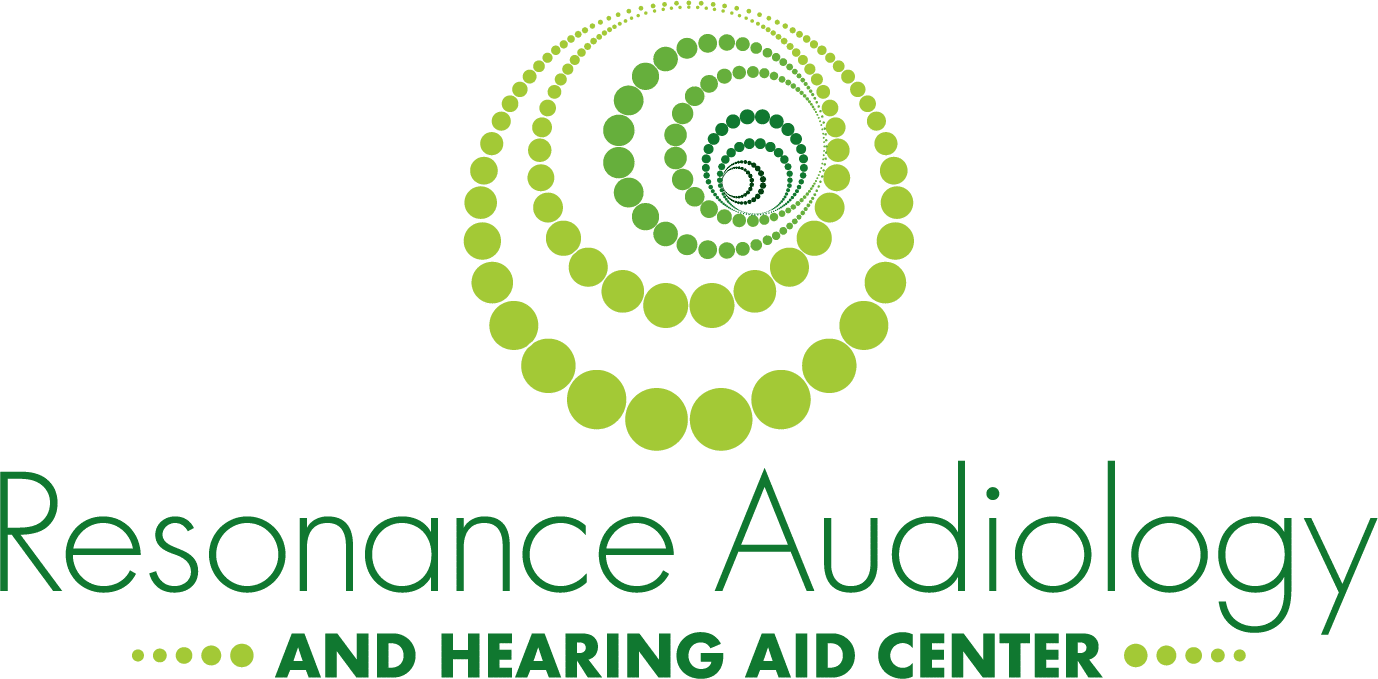Can A Car Accident Affect Your Hearing?
Car accidents can be extremely traumatic, and they can have both physical and mental effects on those involved. People often experience injuries such as broken bones, muscle tears, spinal injuries, and so on.
Many people are susceptible to tinnitus after an accident as well. While it is not the most common injury from an accident, it can have lasting effects, such as hearing loss, if not treated accordingly.

What Is Tinnitus?
If you hear a constant ringing in your ears after you’ve been in a car accident, it’s highly likely you’ve developed a condition called tinnitus. Tinnitus occurs when you hear a sound, such as ringing, buzzing, humming, etc., but there are no corresponding outside noises in the environment around you.
Tinnitus is not one size fits all. It might be a soft or loud tone for some, while for others, it might be a low or high pitch. It can occur in either one or both of your ears, and can be either acute (i.e. temporary) or chronic (i.e. outgoing) health condition. In some extreme cases, tinnitus can greatly interfere with one’s hearing, which might impact their ability to work.
How Do You Know Your Hearing Has Been Affected After an Accident?
After you’re in an accident, make sure to seek medical attention even if you feel fine. Just because you think your injuries are either nonexistent or minor doesn’t mean they necessarily are. Ear injuries are sometimes delayed, meaning you might not even experience symptoms right away.
You should consult with a hearing doctor as soon as possible if you find yourself experiencing any of the following symptoms:
- Ringing in the ears
- Dizziness or trouble with balance
- Discomfort in your ears, including but not limited to painful burning/itching or immense pressure in one or both ears
- Muffled or loss of hearing, which can be either temporary or permanent
- Difficulty distinguishing voices or understanding words, especially when there is background noise
How Can a Car Accident Cause Hearing Loss?
There are a few ways in which a car accident can cause hearing loss or other ear injuries. Some of the most common include whiplash, airbag deployment, and head trauma.
Whiplash
Whiplash injuries can occur when your head and neck are shaken violently back and forth due to the force of a crash. It is most common in rear-end collisions.
Depending on the severity, it can cause damage to the muscles and soft tissues around your neck and possibly even your inner ear structures. This can lead to vertigo, temporomandibular disorder, and hearing loss in the most severe cases.
Airbag Deployment
Airbags are put in place to help save lives, but the impact many endure after it is deployed can be potentially damaging to the ear. Studies have suggested that over 15% of motorists will suffer some level of hearing loss when involved in a car accident in which airbag deployment took place.
When the airbag is triggered, it generates a loud noise which can cause either a ringing sound or pain in your ears. In more serious accidents, if the airbag hits your head from the front or the side, you could suffer broken or permanently damaged ear bones, which could potentially lead to hearing loss.
There is a specific pain threshold we can handle when it comes to noise, which is approximately 140 decibels. Just getting exposed to this level of noise once can cause permanent hearing loss.
Airbag deployment has the capability to consist of noise levels much higher:
- Side front airbags can produce sound pressure levels of about 160 decibels
- Double airbag deployment can go up to 170 decibels
- Depending on the vehicle, side airbags can produce a sound of up to 178 decibels. If these airbags deploy close enough to the ear, the chance of sudden or permanent ear damage increases significantly.
Head Trauma
Whether it’s hitting your head on the steering wheel, windshield, another part of the car, or the force of the impact of the airbag, it’s extremely common to experience head trauma after a car accident. These injuries can break bones in your ear and ultimately lead to auditory loss.
More often than not, damage to your auditory pathway leads to a traumatic brain injury (TBI), which can range from a concussion to a fractured skull. One of the symptoms of a TBI is tinnitus.
The severity of a TBI can result in several ear damages, such as:
- Ruptured eardrum
- Disruption of blood to the cochlea
- Damage to the small bones in the middle ear
- Damage to the inner membrane, tissues, and hair cells
If you were involved in a car accident and have recently noticed things such as physical discomfort in your ears, ringing in your ears, or even hearing loss, the collision likely caused these symptoms. Consulting with your audiologist and receiving a hearing test is the best way to know for sure.
Located in Lancaster, PA, Resonance Audiology and Hearing Aid Center is here to find the best solution for your hearing and communication difficulties. Contact us today and start hearing life again!
